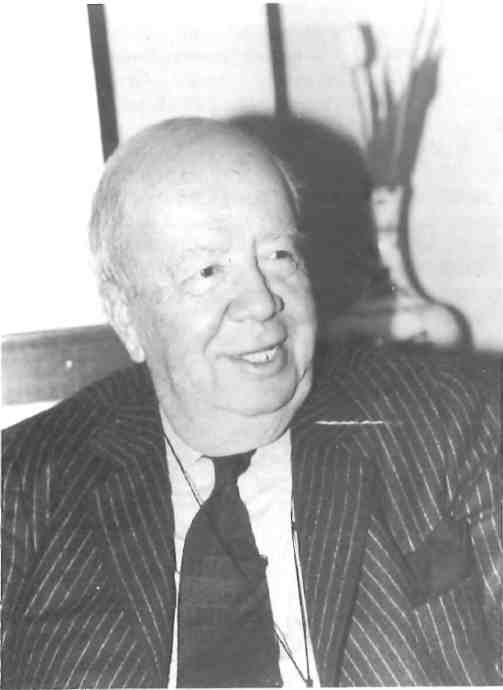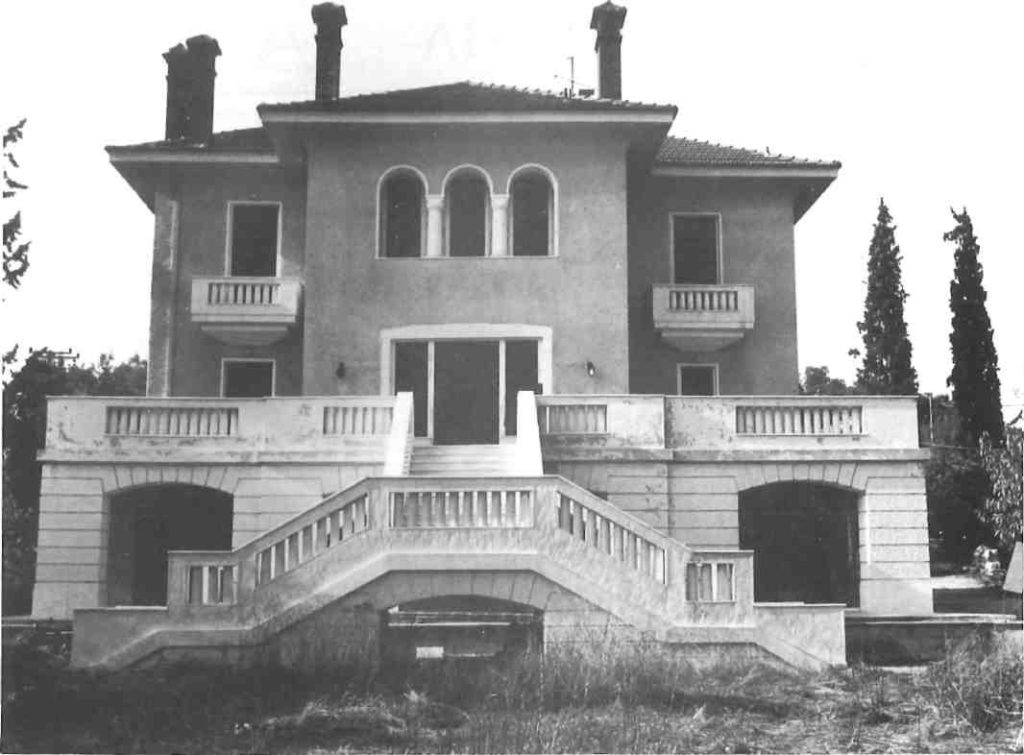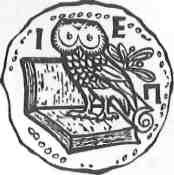It is one of the many contradictions existing in Greece that a country with suph a rich past and vibrant present appears to lack the know-how to launch its own cultural strategy in the international community. This drawback, resulting in such a low profile for the Greek presence, along with its subsequent array of chain-impacts in the national, social and diplomatic field, has, by puzzling leading intellectuals of this country, forced them to come to a common conclusion.

The outcome resulting from a profoundly felt need to make the Greek presence abroad more significant is the Foundation for Hellenic Culture. It came into being last year by a unanimous resolution of the Greek Parliament. It is the first time in Greece that a cultural foundation has acquired such a leading role in the country’s foreign affairs. The recently announced program drawn up by the executive board of the Foundation for Hellenic Culture provides for a great variety of activities at home and abroad to promote Greek intellectual achievement and Greek art throughout the world.
The first step in putting the Foundation’s foreign branches into operation, is the setting up of the annex in France. Sixty corresponding members, both Greek and French, figures in the world of arts and letters who have disting¬uished themselves by their contribution to the cultural essence of Hellenism, constitute the core of the Foundation for Hellenic Culture in France.
The well-known Greek philosopher Cornilios Castoriadis, scholars Jacqueline de Romilly and Helene Ahrweiler, professor Jean-Pierre Vernant, and writer Jacques Lacarriere are among the corresponding members of the Foundation for Hellenic Culture. In the world of art there is composer Yiannis Xenakis, directors Peter Brook and Costa Gavras, painters and sculptors Yiannis Kokkos, Yiannis Apergis, Takis, Andreas Voutsinas, Alekos Fassianos and many other distinguished figures.
The official announcement of the establishment of the annex in Paris was made last November by the president of the Foundation, academician Mr loannis Georgakis, at a reception that was held at the Greek Embassy in the French capital. This was, however, only the beginning of a meticulously designed strategy for the diffusion of Greek culture abroad. During this year other branches will be set up in Sofia and Berlin, as well as Cyprus, the UK, US, Australia and Canada.
The first steps for the establishment of the Foundation are, clearly, being made in countries where a Greek or philhellenic element and tradition in hellenic cultural values are already established. The goals are ambitious and far-reaching. First, there is the promotion of the Greek language, ancient and modern. Then there is the presentation of Greek culture, in all its variety and forms, from its beginnings to the present day. To this end, the annexes will cooperate with Greeks of the Diaspora and hellenists throughout the world. There is also the cooperation with international and national cultural bodies that include in their scope the promotion of humanitarian values.
The millions of Greeks who live abroad, scattered all over the world will be the living means by which the hellenic idea will become a force in the world again. The Foundation calls for a renaissance of philhellenic sentiment in the West, the revitalization of classical studies, the closer study of the Byzantine period, and a reexamination of the position of Greece in the Balkans area and within the greater European family. In short, the Foundation has to carry out the task of arousing Greece from its isolation and show that culture is still vital in this southeastern corner of Europe.

It is the first time in Greece that a cultural foundation has attracted so important personalities to form its executive board. Anyone familiar with the Greek intellectual scene will appreciate the joint presence of academician Ioannis Georgakis (president of the board), former president of the Academy of Athens Michalis Sakellariou (vice-president), attorney to the High Court of Justice Victor Melas (secretary general), and archaeologist Evi Touloupa (treasurer). Other members are Ambassador Byron Theodoropoulos, George Babiniotis, professor of Linguistics at the University of Athens, Haralambos Bouras, professor at the School of Architecture, author Marios. Ploritis and historian Kostas Staikos.

The Foundation of Hellenic Culture has recently moved into its permanent headquarters, the renovated neo-byzantine villa in Palaio Psychiko built by Bodossakis Athanassiades and pre¬sented to the state. From this strategic base, the Foundation will carry out its programs which on general lines include the organization of cultural exhibitions in European capitals and other intellectual centers around the world; the promotion of meetings between Greeks living abroad and philhellenes; the establishment of an International Center for Hellenic Stu¬dies in Greece; and the advancement and distribution of books, in the origin¬al or in translation, among the seats of Greek studies, publishers abroad and libraries.
More specifically, the Foundation’s plans for 1993 include the organization of ‘Universal Assembly of the Friends of Greek Culture Throughout the World’ which will take place in Athens in June with 200 participants. In September a major exhibition entitled Venice, the other Byzantium will be inaugurated in in Venice in cooperation with the Hellenic Institute of Byzantine and post-Byzantine Studies of Venice, honoring Constantinople’s contribution to the renaissance.
The Foundation for Hellenic Culture will also participate in the celebration of the 2500th anniversary of the establishment of the Athenian democracy, taking place in London. There will be a TV co-production on Channel 4. Later in the year a cultural map of Greece with information on its cultural periods from antiquity to the present day will be published and translated into eight languages. There will also be exhibitions of Greek books opening in European cities at libraries like these in Vienna and Madrid which have a tradition in the cultivation of Greek letters from the 15th to the end of the 18th century.







